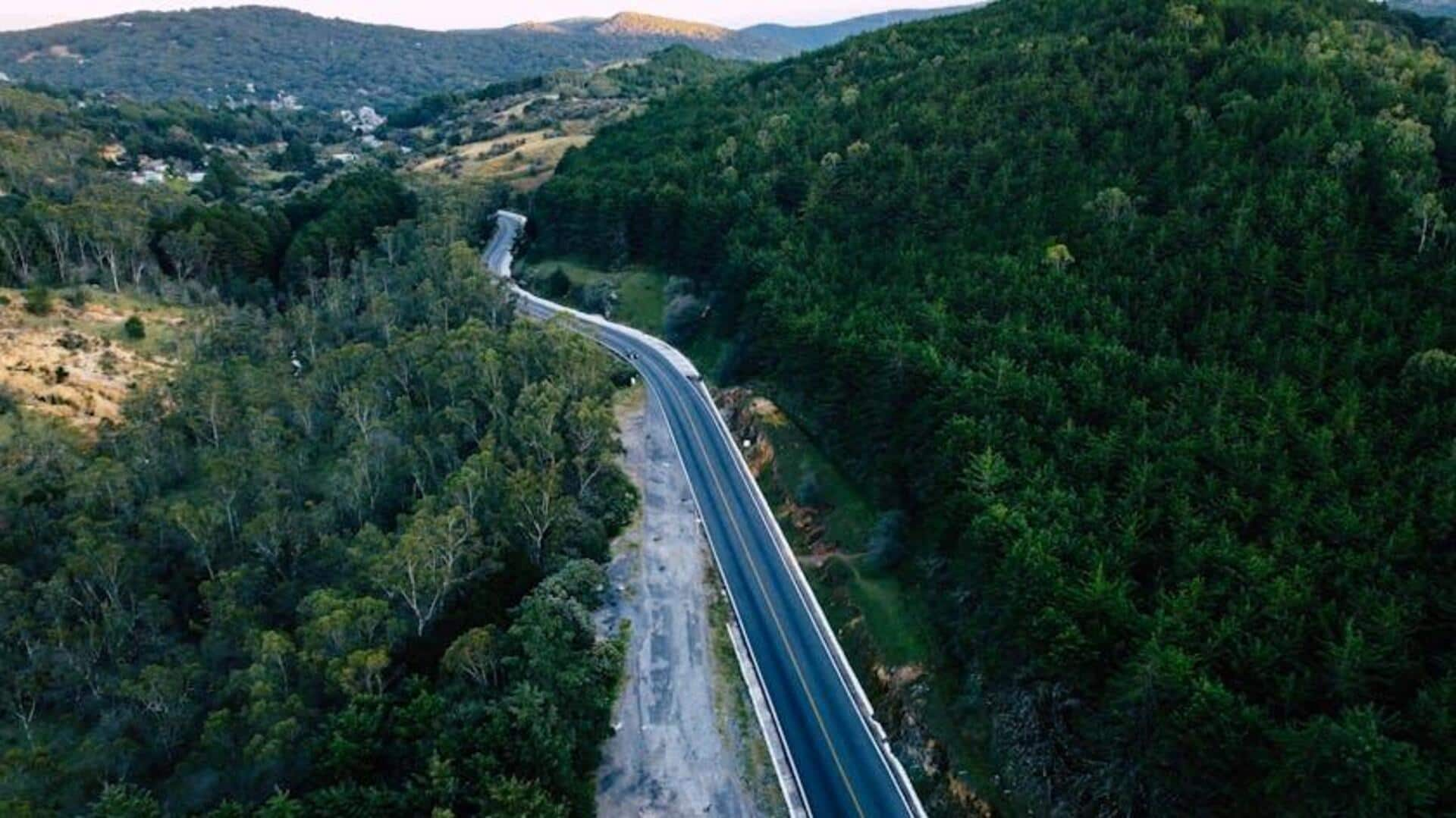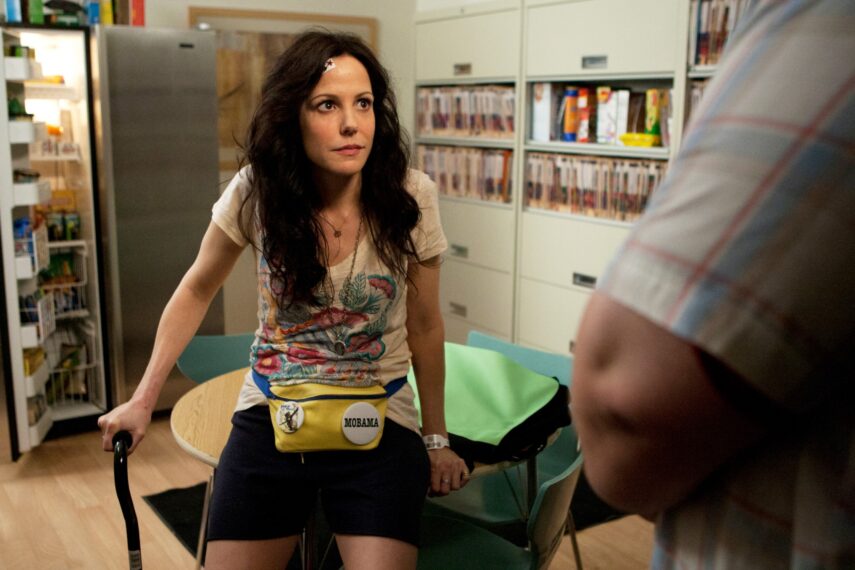For Hannah Frances, summer meant Chicago. As a kid brimming with creative energy in the suburbs of Philadelphia, she’d get “shipped off” to her extended family in Wilmette for a few joyful weeks, attending summer camps at the School of the Art Institute and hanging out with her “cool” uncle, a cartoonist. So, when the pandemic began and a long relationship ended, the singer-songwriter and self-taught guitarist knew where she wanted to be.
Frances moved here in 2020 from New York and began rediscovering the city of her youth as a mature musician — slowly, she concedes, owing to the freeze on live performances. It’s still as close to a creative home as she’s found, though she’s since made her actual home in southern Vermont, in remote Putney (population 2,600). That duality — between metropolis and rural America — fuels “Keeper of the Shepherd,” the album she released earlier this year.

Frances recorded it with musicians drawn, in part, from the city’s creative music and free jazz networks, like reed player Hunter Diamond and cellist Alex Ellsworth. She’s since built the group out into a larger, seven-piece band of Chicago collaborators she calls the Hannah Frances Ensemble, lending “Keeper’s” songs an orchestral sweep. She unveiled the group at “Keeper’s” March 8 release show at Constellation and appears with them again for her biggest local booking yet: Frances opens for Whitney at Thalia Hall this weekend.
“I’m always delightfully surprised about what I hear in her music, because it sits outside of what I come to expect from most singer-songwriters,” says Diamond, who’s played with Frances since 2021. “You expect artists like Joni (Mitchell) to come up in conversations about influences. But she and I connected early on about experimental and groove jazz from the ’60s and ’70s, Black Power music, Brazilian music.
That’s in there, too.” “Keeper of the Shepherd” has been rapturously received by publications from NPR to Pitchfork . The album — intricate yet craggy, the stuff of tree bark — had “the energy and conviction of a debut,” wrote Pitchfork critic Grayson Haver Currin.
He’s right. Frances had been making music for some time when she put out “Keeper,” but it’s an assured, if natural, progression from her previous discography — most recently “Bedrock” (2021), which she wrote before moving to Chicago. Earlier credits nod to her once-peripatetic lifestyle, with some local cameos.
“The Horses” (2020), for example, was recorded in her uncle’s warehouse studio in Hammond, Indiana, “with (her) 1941 Mahogany Martin” — a Chicago Music Exchange find, by the way — “a rusty harmonica, a bow and a broom.” So were parts of “mountain child: a travelogue” (2017), a similarly solitary effort that documented a solo road trip around the U.S.
Even so, it’s telling that “Keeper of the Shepherd” poured out of Frances during her gradual move from Chicago to Vermont, where she was beginning to feel truly rooted for the first time. As a child, Frances packed her schedule solid with pursuits from jazz band to musical theater to ballet, at the urging — but not order — of her parents. She took to it all, at a cost.
“When I tell people that I never sat down for a family dinner, I’m not exaggerating,” she says. “I think I have a pretty insecure foundation because of that. There was a lot of movement.
” From a young age, however, Frances knew what she wanted and didn’t want. She rebelled against her strict Catholic upbringing and lasted just a few months in art school. When she felt called to abandon city living last summer — all she’d known, from childhood to her stint in New York — she acted on it with little hesitation.
In Putney, her neighbors are all at least twice her age. And she loves it. “Life is beautiful and simple,” she says on a Zoom call from her home there.
Singer-songwriter Hannah Frances at Promontory Point in Chicago on Aug. 5, 2024. (Terrence Antonio James/Chicago Tribune) The move unburdened something in her, too.
Frances, 27, began writing music when she was 18, shortly after her father died of a heart attack. But it wasn’t until “Keeper of the Shepherd” that she took on death and grief with eloquent frankness. A series of music videos associated with the album — filmed in the Pacific Northwest and dwelling on that region’s peaty lushness — illustrates Frances’ new spirituality, which looks to the land rather than the heaven-hell cosmology of her youth.
Even the album’s title — “Keeper of the Shepherd” — can be read as a double allusion to the pastoral and Biblical. “In observing the land and having a relationship with nature, I’ve thought a lot about how death is constant,” Frances says. “Something dies, it becomes compost, it becomes life.
I’m trying to understand the presence that’s within absence.” Album standout “Husk” etches her philosophy in five masterful minutes. It begins like a lament, Frances intoning over shatteringly sparse guitar chords: “Death is a husk / drying out a field in heat.
” But over the next four minutes, with the listener as Frances’ witness, death becomes a fertile field in which a hopeful future blooms. The song’s opening bleakness becomes verdant, soaring under the winds of Ellsworth’s skyward-reaching cello. The active present tense — “I am opening / .
.. growing / .
.. decaying” — becomes a refrain.
Ultimately? “Death is a husk / holding the shape of my life.” “No one is talking about death at 18. You have no concept of what that means,” she says.
“In the last decade, I’ve been honoring death by honoring life, and by honoring the way I live.” “Husk’s” “I am..
.” refrain returns to end the album, in “Haunted Landscape, Echoing Cave.” It’s one of several self-referential moments that unify “Keeper of the Shepherd.
” Rivers and riverbeds trickle throughout the album. The image of “loosening ribs” recurs in “Bronwyn,” the loping album opener, and “Woolgathering,” itself a nod to shepherding. (She wrote that song shortly after her initial stint with a friend in Vermont, when she was living near sheep.
“I think they’re incredible creatures,” she says.) Frances’ inclination to tackle big ideas through environmental metaphors returns in her forthcoming album, “Nested in Tangles.” This time, she says the image undergirding the album was one of roots and branches — stretching, but also coiling and colliding.
Her penchant for double entendres is also back, the branching and “nesting” evoking family trees in both their beauty and complexity. But until you hear Frances’s distinctive, tenebrous mezzo — which, without saying too much, arises both later and less than expected — you’d be forgiven for thinking “Nested in Tangles” is the work of a completely different artist. “It’s a prog record,” she acknowledges.
The polyrhythmic fingerwork Frances flexed on “Keeper of the Shepherd’s” “Bronwyn” and “Floodplain” gets blown up to head-spinning proportions. Tangled, indeed. The interlocking, attentive musicality of the “Nested in Tangles’” septet — slightly different than the band Frances has toured locally, adding Grizzly Bear’s Daniel Rossen and New York-based trombonist and arranger Andy Clausen — is even more remarkable given that the album was recorded remotely.
Diamond, as well as saxophonist Sarah Clausen (no relation to Andy) and violinist Scott Daniel, filled out Frances’ vision with woodwind and string arrangements. “She’s such an intuitive musician. She’s able to tap into things that conservatory-trained musicians wouldn’t necessarily think of, and if they did, it wouldn’t sound as natural,” Diamond says.
“Nested in Tangles” won’t come out until about a year from now. Frances tells the Tribune the album is still being mixed, then she’ll shop it around to labels. But whether out of loss or fertile landscapes, Hannah Frances is, as she sings, growing.
And fast. The Hannah Frances Ensemble opens for Whitney 8 p.m.
on Aug. 10-11 at Thalia Hall, 1807 S. Allport St.
; tickets are $32.50-$50 at thaliahallchicago.com.



















